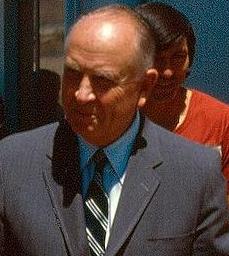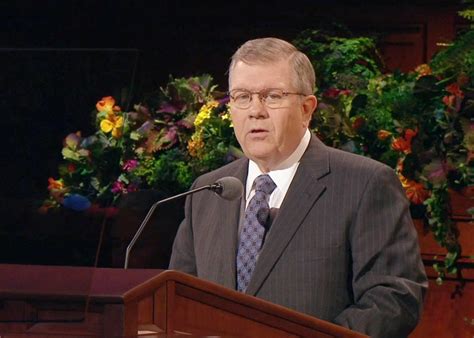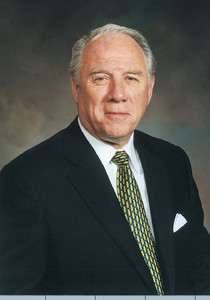A Quote by David B. Haight
I hope that we have grateful hearts for the knowledge that we have and the testimonies we have and for the feelings we have.
Related Quotes
While testimonies can come as dramatic manifestations, they usually do not. Sometimes people think they need to have an experience like Joseph Smith's vision before they gain testimonies. If we have unrealistic expectations of how, when, or where answers come, we risk missing the answers which come as quiet, reassuring feelings and thoughts that most often come after our prayers, while we are doing something else. These answers can be equally convincing and powerful.
The question is grateful to who? You would think grateful to Allah, but Allah didn’t mention Himself. So it could be grateful to Allah, grateful to your parents, grateful to your teachers, grateful for your health, grateful to friends. Grateful to anyone who’s done anything for you. Grateful to your employer for giving you a job. Appreciative. Grateful is not just an act of saying Alhamdulilah. Grateful is an attitude, it’s a lifestyle, it’s a way of thinking. You’re constantly grateful.
In the evolution of knowledge-mistaken and unnecessary beliefs are forced out and supplanted by truer and more necessary knowledge. So too in the evolution of feelings, which takes place by means of art. Lower feelings-less kind and less needed for the good of humanity-are forced out and replaced by kinder feelings which better serve us individually and collectively. This is the purpose of art.
Where is the hope? I meet millions who tell me that they feel demoralized by the decay around us. Where is the hope? The hope that each of us have is not in who governs us, or what laws are passed, or what great things that we do as a nation. Our hope is in the power of God working through the hearts of people, and that’s where our hope is in this country; that’s where our hope is in life.
Opportunism towards knowledge is a utilitarian demand that knowledge must be immediately practical. Just like with sociology where we hope its purpose is to serve society, however, the true purpose of sociology lies in its impracticality. It cannot become practical or else it loses its meaning. Perhaps we should learn a different kind of knowledge: the knowledge to question knowledge.

































